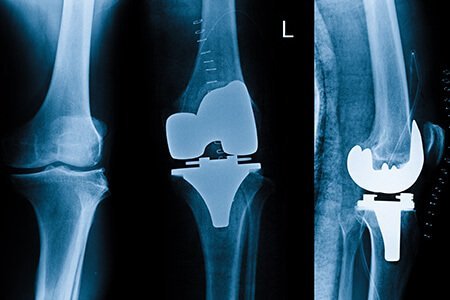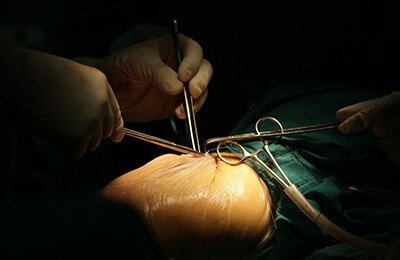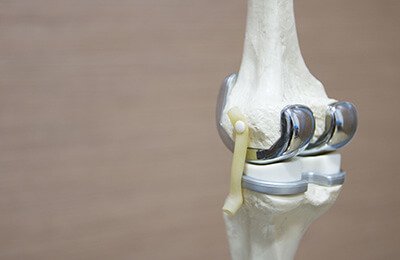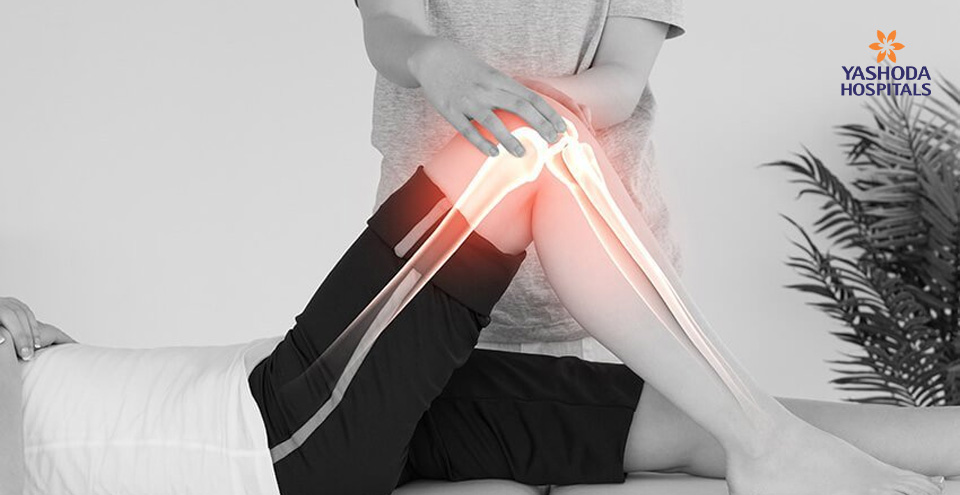Knee replacement surgery
In osteoarthritis, bone deformities, rheumatoid arthritis and injuries
What is knee replacement surgery? When is knee replacement advised?
Osteoarthritis is an age-related condition which occurs due to the wearing away of the cushion, i.e., the cartilage between the joints of the bones in the knee. In many patients with osteoarthritis and other conditions (rheumatoid arthritis, bone deformities, injuries etc.), there is extreme knee pain, knee swelling, and inability of movement at the knee joint and knee ligaments.
While many patients can be managed with the help of medicines, physical therapy or injections, some do not get any relief with these treatments. In such patients with advanced condition, knee replacement surgery, also called knee arthroplasty, is suggested. In this surgery, weight-bearing portion of the knee joint is replaced by an artificial structure. Today, knee replacement surgery is one of the most common bone surgeries performed around the world.







 Appointment
Appointment WhatsApp
WhatsApp Call
Call More
More